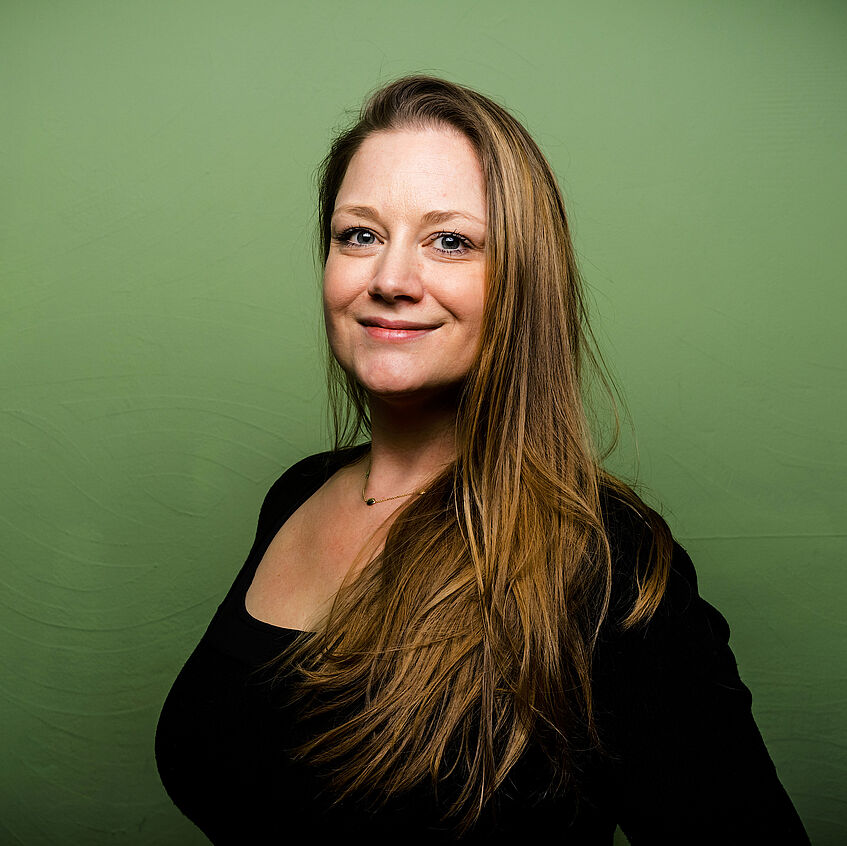Researcher at the Institute of Astrophysics was awarded the Fellowship of the Elise Richter Program for Senior Postdocs of the FWF.

Sylvia Plöckinger ©
Researcher at the Institute of Astrophysics was awarded the Fellowship of the Elise Richter Program for Senior Postdocs of the FWF.
With this grant Sylvia Plöckinger will work on the project “A holistic view on (dwarf) galaxy formation”, to investigate how galaxies can help us understand the type of dark matter present in the universe. To achieve this, she will use large scale simulations, which model the evolution of tens of thousands of resolved galaxies over more than 13 billion years. In this “perfect laboratory” it is possible to test whether the effects of the different hypothetical dark matter particles (cold, warm, or self-interacting dark matter) are present in various galactic properties.
Dark matter makes up about 27% of the matter in the universe and we know very little about it. This project aims to bringing more light into this very elusive but important component of our universe.
The current standard model of cosmology assumes a cold dark matter particle and simulations built on this model are reproducing many observed galaxy properties with increasing levels of details and complexity but some discrepancies between the simulated and the observed galaxies remain. Especially galaxies that are smaller and have lower masses than the Milky Way Galaxy, so called dwarf galaxies, do not yet show the expected dynamic properties. For example, depending on the model details, simulations can create a universe where the inner parts of dwarf galaxies rotate fast (steeply rising rotation curve) or a universe where dwarf galaxies rotate more slowly (gently rising rotation curve) but they currently fail to create a universe with the rich diversity of rotation patterns that is observed in dwarf galaxies in our Universe.
This project explores if the discrepancies between simulated and observed galaxies can be explained by alternative dark matter types, such as warm dark matter or self-interacting dark matter, or by further improving the physics models implemented in the simulations and the comparison with observations.
Sylvia Plöckinger completed her PhD at the Department of Astrophysics (University of Vienna) at the end of 2014. Afterwards she completed postdoc positions at Leiden Observatory, (Leiden University, The Netherlands) and at the Institute for Computational Cosmology (Durham, United Kingdom). From 2019 to 2022 she received a grant from the Dutch Research Council to work at the Lorentz Institute for Theoretical Physics (Leiden University, The Netherlands).
Since September 2022 she is back at the Department of Astrophysics (University of Vienna), first through the Marie-Jahoda stipend and since the beginning of 2023 with the Elise-Richter fellowship.
The aim of Elise Richter Program for senior postdocs is to support qualified scientist to consolidate a university career. At the end of the program the scientists should have reached a qualification level that allows them to apply for a professorship or habilitation. The program is financed by the FWF and the awardees are selected through an international review process.
